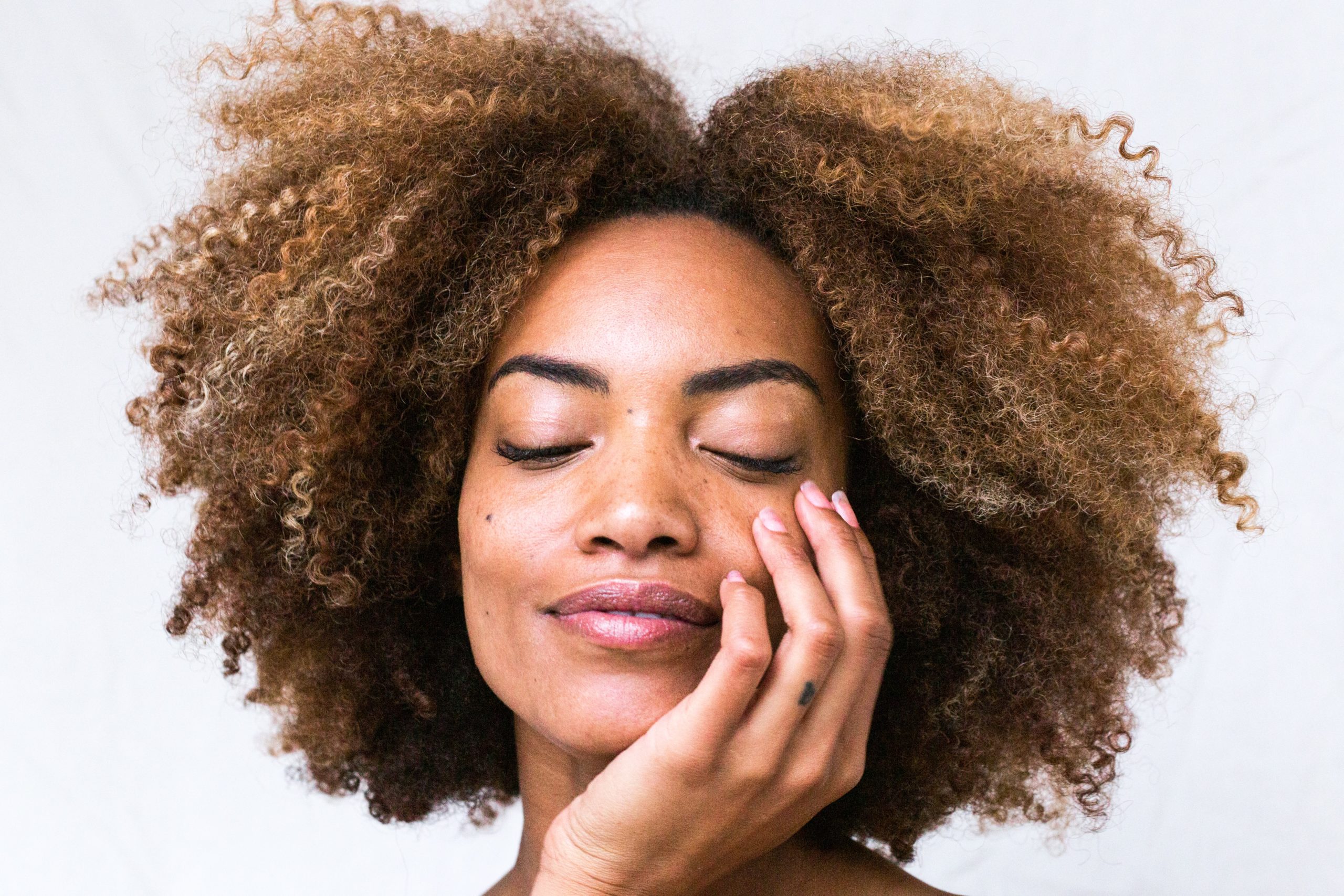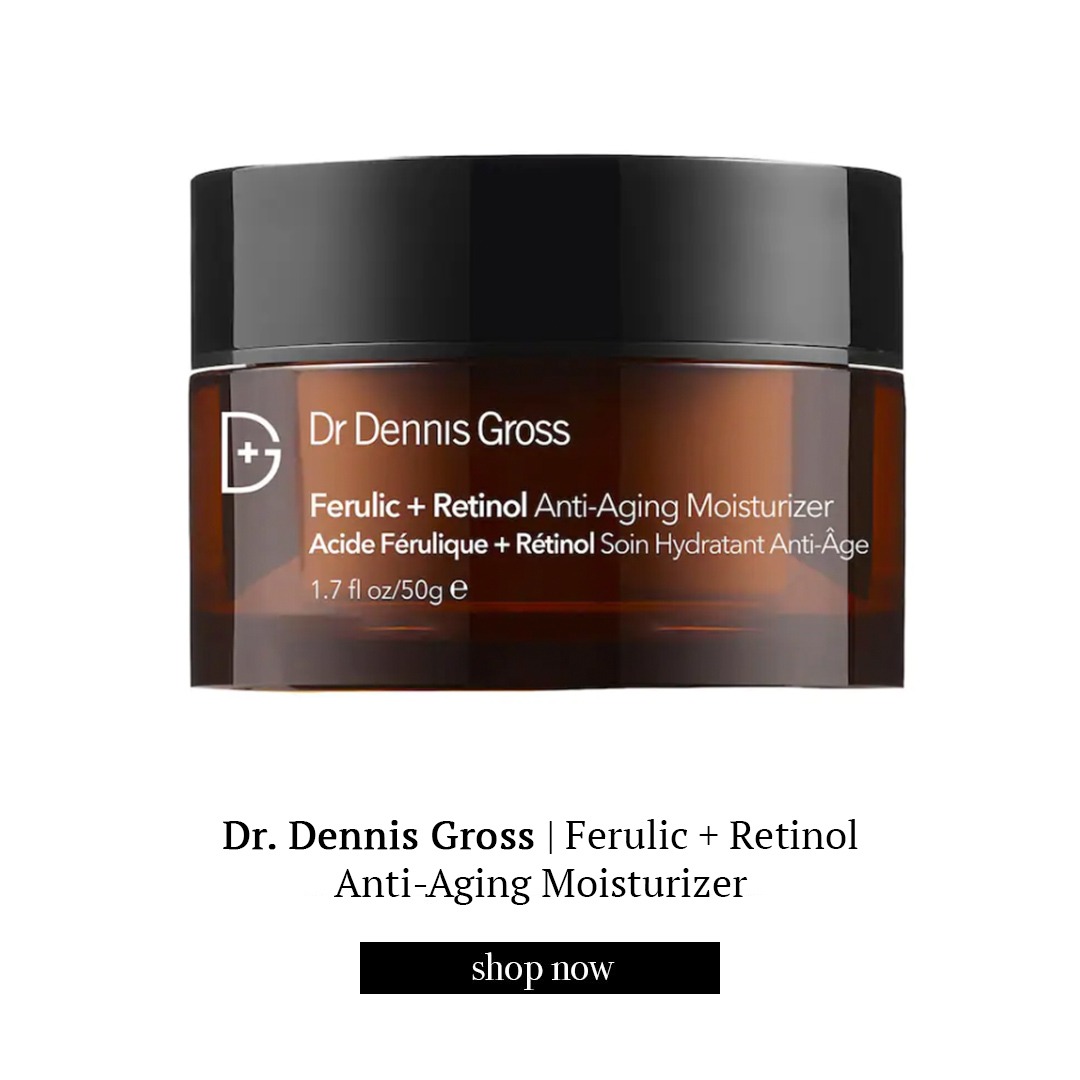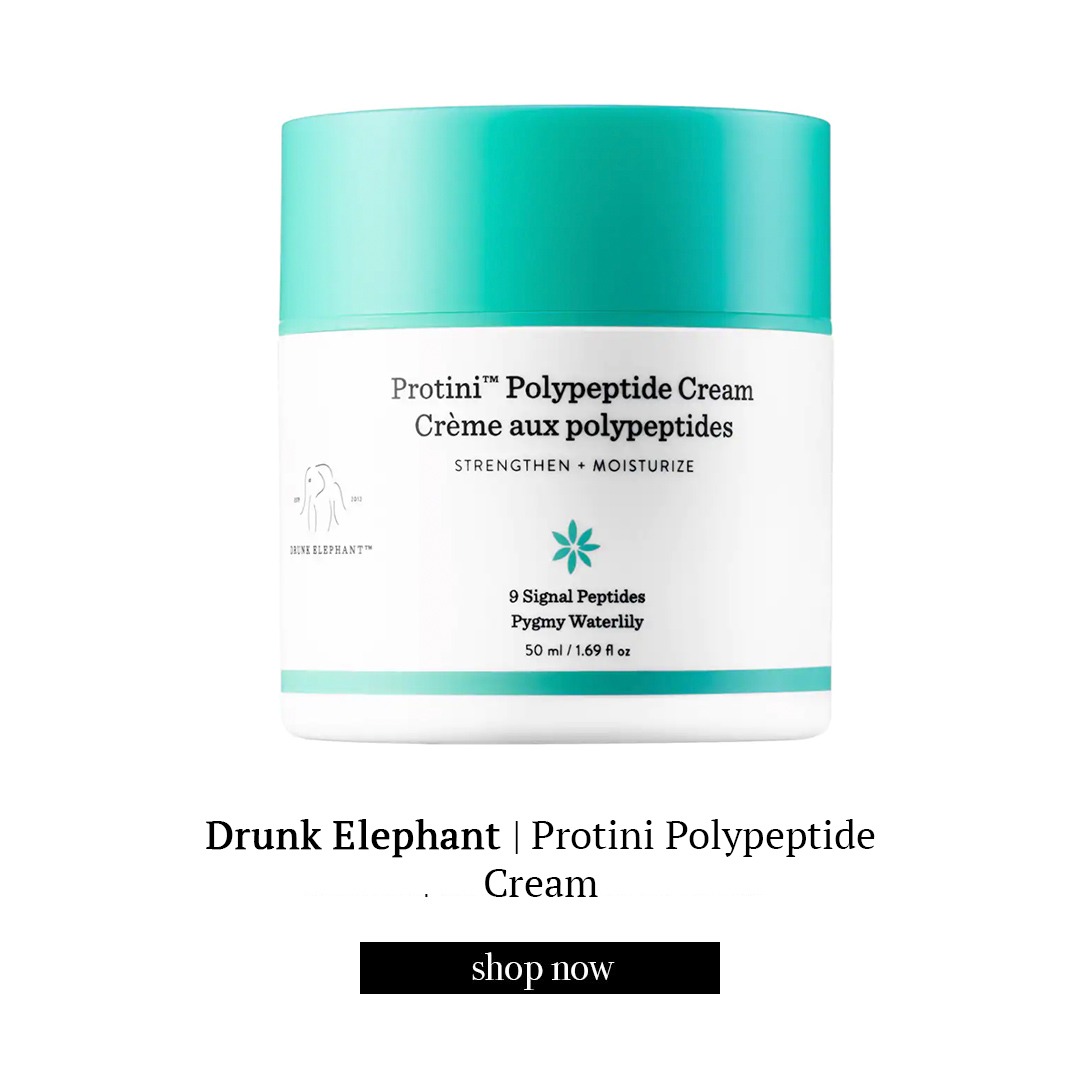Beauty...

By Melissa Epifano
We all have components of our beauty routines that we’re totally okay with letting fall to the wayside. Whether that’s “forgetting” to shave or skipping out on your weekly face mask, it’s not necessarily the end of the world if it doesn’t get done. But there is one particular thing when it comes to your skincare ritual that you should never skimp out on: moisturizing.
Okay, will the world end if you don’t moisturize? No, but you certainly might feel like it is. Without some kind of emollient cream, gel, or mix, your complexion won’t be its best self. Moisturizing affects everything from the texture and appearance of your skin to how it feels and reacts to the elements and even other skincare products
While your face might be doing fine with that drugstore pick you opted for in a hurry last month, it’s really worth taking time to consider the product you’re using to ensure your microbiome stays in check, your skin keeps its hydration, and your glow stays intact.
Here’s exactly how to pick out the option that’s best for you, based on expert opinion.
Lydia Sarfati, a master esthetician, as well as the CEO and founder of Repêchage, says that there are a handful of things to think about when you’re selecting the perfect moisturizer.
Firstly? There’s no excuse for not having a moisturizer.
“Whether you are in your teens or 80+, your skin’s natural moisture barrier can become damaged by many environmental factors, including the sun and pollution, leaving you not only vulnerable to dull-looking skin, but also early visible signs of aging such as fine lines, wrinkles, and hyperpigmentation,” says Sarfati.
And, while your skin type and issues are great starting points, Sarfati says you shouldn’t chain yourself to them. “Be aware that your skin’s needs can change, depending on the season, hormonal fluctuations, illness, stress, and diet. Keep in contact with your skincare professional to assess changes in the skin and to adjust your regime accordingly.”

Holly Wydra, an esthetician from FarmHouse Fresh, explains that your personal preferences on texture is important, too. “Do you like a light lotion, a gel or a thick cream? Typically if you are more of an oily skin type I’d recommend something lighter like a lotion or a gel with a matte finish. Drier skin types will better take a thicker cream that leaves a dewy finish.”
But she notes that regardless of skin type, peptides and retinol are a must for any moisturizer. “If you are 22 or 52 we all want to fight the signs of aging. It’s never too early or too late to begin,” she says.


It’s a loaded question since everyone’s skin is so different, but other than things like the aforementioned retinol and peptides, there are a few other rules of thumb worth remembering. “Moisturizers don’t need to have active ingredients (and active products can have moisturizing ingredients), so it’s not always a case of choosing one or the other,” says Dr. Ginni Mansfield, creator of ESK Skincare.
“But if you are looking for one active ingredient to put in a moisturizer, it would be niacinamide or vitamin B3, which is well tolerated and the ultimate skincare all-rounder ingredient.”
This, she explains, can help your skin’s barrier, diminish the look of lines and wrinkles, benefit those with acne-prone skin, and most impressively, can reduce your risk of skin cancer.
Another factor that shouldn’t be forgotten is your skin’s pH. It’s acidic, so piling on products that fall in the neutral or alkaline category can actually be detrimental. Mansfield says, “An acidic moisturizer with a level at or just below the pH of the skin (which is about five) can help the skin retain moisture and also help with a number of common skin conditions.” But she warns that most labels won’t say what the formula’s pH says, so it’s worth contacting the company.
Yes, ingredients and their potency is a priority, but if your skin feels miserable, it’s not worth settling for a formula that’s aggravating your skin (and you).
“So many times we’re hyper-focused on finding products that have those magical ingredients that promise to address our concerns, we can forget about whether or not the product just feels good,” says Lisa Tep, an esthetician and founder of Sesen Spa. She gives the example of retinol, which is totally a skincare superhero, but the reaction it (and other things) sometimes causes can occasionally lead to people getting frustrated with their products and giving up.
“Obviously, we want products that are effective. But if we can find effective and skin-type-suitable products, we’re more likely to use the product, thereby enhancing the efficacy!” says Tep. So the most important thing is once you’ve found your magic medley of ingredients, give it a bit of time, but continue your search if it’s not quite right.